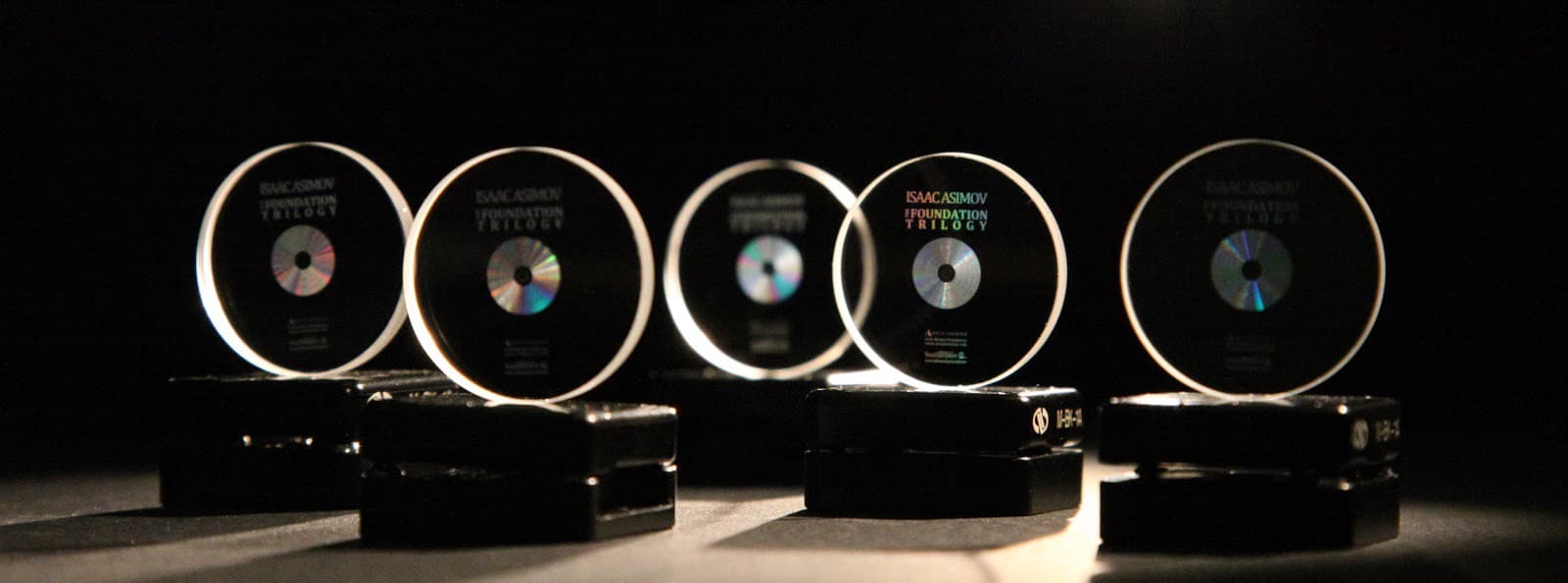Secret Payload
Last week, the world watched as SpaceX launched their Falcon Heavy rocket with a Tesla Roadster stowed aboard. However, the rocket also carried something else, and while SpaceX's secret Falcon Heavy payload may not have generated the same headlines as the Roadster, it could have even bigger implications for humanity's future in space.
Inside of the Roadster, SpaceX hid an Arch (pronounced "ark"). The tiny, disc-shaped object is one of the longest-lasting storage devices ever built. It's expected to withstand millions to billions of years in the harsh conditions of space (or potentially even on the surface of a cosmic object or distant planet).
The Arch isn't just durable, though. It's also able to store enormous quantities of data for extended periods of time. Each crystal disc, which looks like a throwback to the "mini-discs" of the early 2000s, can theoretically hold up to 360 terabytes of data. The longevity of the Arch is due to the technology used to inscribe the data and the medium: 5D optical storage in quartz.
Preserving Humanity
SpaceX's secret Falcon Heavy payload is known as Arch 1.2, and it contains Issac Asimov's Foundation trilogy, a sci-fi series that discusses the preservation of humankind — a relevant topic.
Eventually, the disc's developers at the Arch Mission Foundation plan to add to the collection to create what they're calling the "Solar Library." As co-founder Nova Spivack wrote in a post on Medium, "This is only the first step of an epic human project to curate, encode, and distribute our data across the solar system and beyond."
Ultimately, the nonprofit group hopes their small quartz crystal discs could "preserve and disseminate humanity's knowledge across time and space, for the benefit of future generations," according to Spivack.
They already have plans to launch discs to support early colonists on Mars, and eventually, they hope to connect the Arch Libraries in an enormous, decentralized network that will allow for data sharing and storage throughout the solar system. This is certainly a moonshot, but if humans become a multi-planetary species, we'll need such a system in place.
Share This Article
